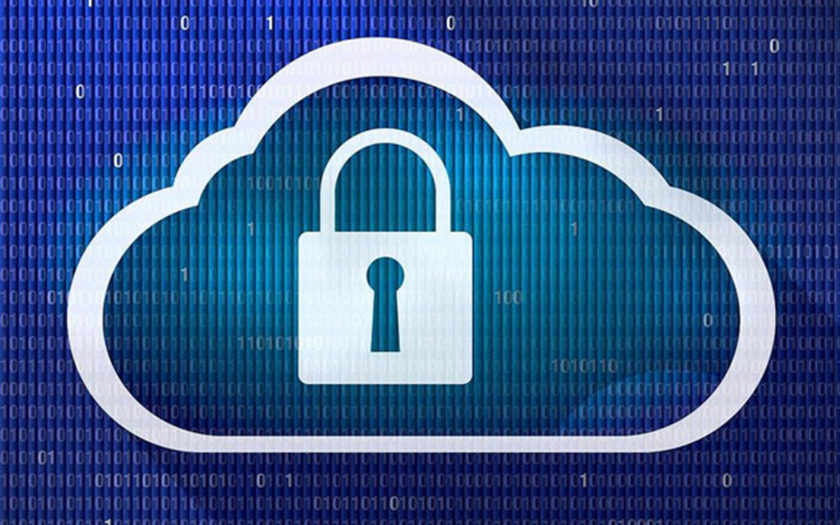Security is of the highest priority when it comes to managing a website and its server. That is why even an advanced infrastructure like cloud hosting needs to be kept secured. The higher the volume of data, the greater the risk of data loss.
If you are a site owner and seeking security tips for your hosting server, then here a few ideas to follow.
Access Control
Your site contains data that can be valuable or sensitive or both. And you cannot let unwarranted access compromise the same. That is why you need to control the accessibility of such data. The best way to do that is by putting complicated and strong passwords on your system. Also, ensure that you allow access to only those who have appropriate authorization to do so. To make data accessibility more secure, a multi-level authentication process is also useful, and it prevents attackers from breaching the security later.
Identity management
Access control goes hand-in-hand with identity management. By managing and controlling the identities of the involved parties, you can regulate when, where, how, and who handles your data. This prevents unwarranted access to your site. It also puts a restriction on the data that the relevant people have the allowance to, so there is no data theft.
Data Protection
After managing who accesses your data, you have to start protecting what they access. Although there is not much hard storage involved, virtual drives could also be prone to attacks. Integrate an advanced data management system in place, so you can control infiltration, loss, or even an overload of data, causing the server to crash. As an added measure, also opt for smart and reliable storage mechanisms. Another essential step to take for data protection is to run encryption at all levels. Lastly, don’t forget to create data redundancy and protect your site from all possible aspects.
Security Tools
Things are much more structured and process-driven when there are tech-tools in place. For site security, there are high-end tools like SiteLock, CodeGuard, etc, which can be installed. Most of these tools not only keep the server safe but also scan the system and detect malicious activities and flag them at the very instant that they occur.
Safe hosting
Many enterprises are opting for safer and advanced hosting solutions like cloud web hosting. It offers a more efficient way to store and manage data and better maintenance of website servers. And most importantly, cloud hosting helps safeguard site data and all server resources. Most cloud hosting providers offer security support and tools along with their service plans, so you can rest assured about your hosting environment.
Ensure physical security
Hosting security is not only restricted to data but also the physical security of the hosting environment. It is important to check if the data-center is located in a location prone to natural disasters, fire, theft, power outages, etc. Also, check with your hosting provider about authenticating the security personnel and so on.
Summing up…
It is true that with the use of the right tools, processes, and proper protocols, you can make your hosting platform a safe and high performing environment. But to be able to do that successfully, you also need an efficient service provider with the best hosting plans.









